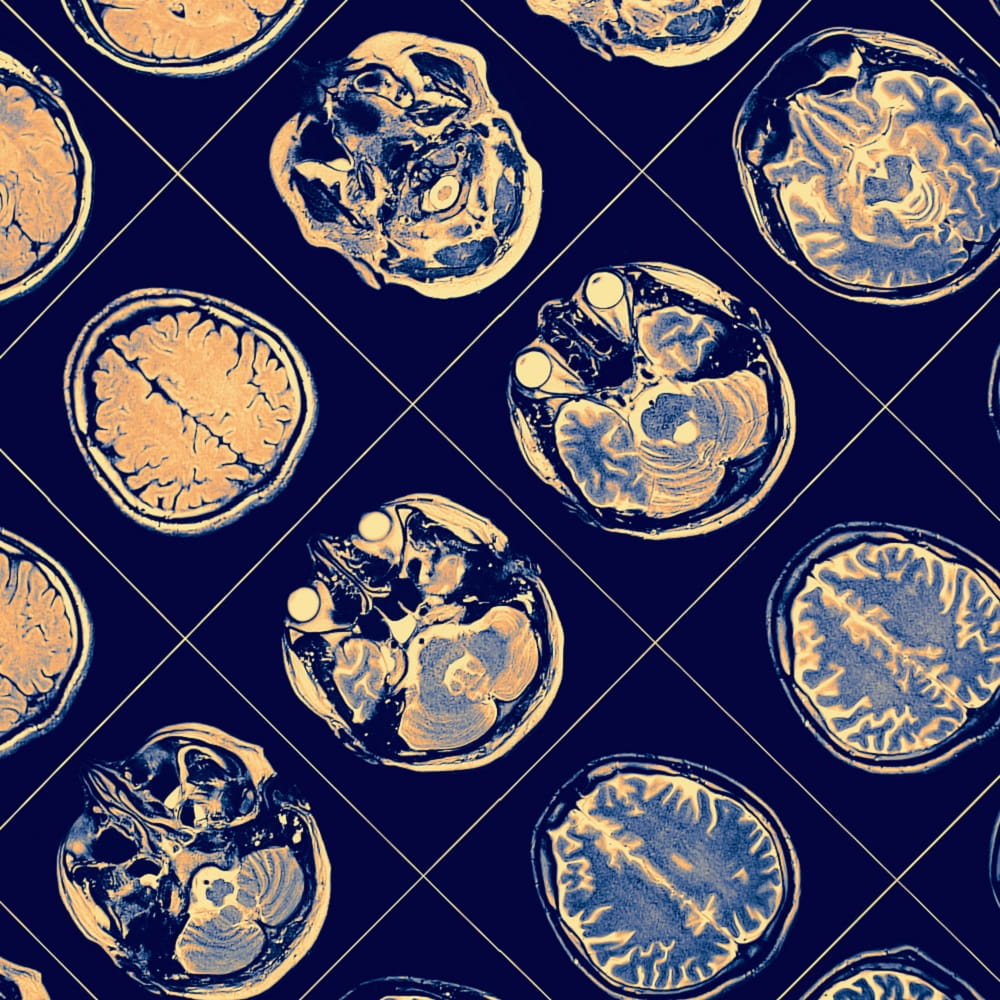Essex ESNEFT Psychological Research Unit for Behaviour, Health and Wellbeing (EEPRU)

The Research Unit established in 2022 is a collaboration between the University of Essex and East Suffolk and North Essex Foundation Trust (ESNEFT).

The unit is funded by a £1m research grant that supports doctoral students and research staff who aim to explain behavioural and psychological processes in the development, onset, prevention, early detection, management and progression of illness, and promotion of health and wellbeing. Unit members work closely with clinical, allied health professional, and public health teams at ESNEFT on different research projects.
The Unit supports the department’s research activity that fosters “Understanding our place in the world” by helping to discern how people think about illness, experience illness, and respond to illness threat, and the role of social interactions in this process. The Unit also has research relationships across the wider university, including working in partnership with the Institute of Public Health and Wellbeing.

Publications

News and Events
Ongoing research



Health Communication

Interactions and Voice


Long Covid

Social Context, Social Relationships and Health

Hormones and Health




